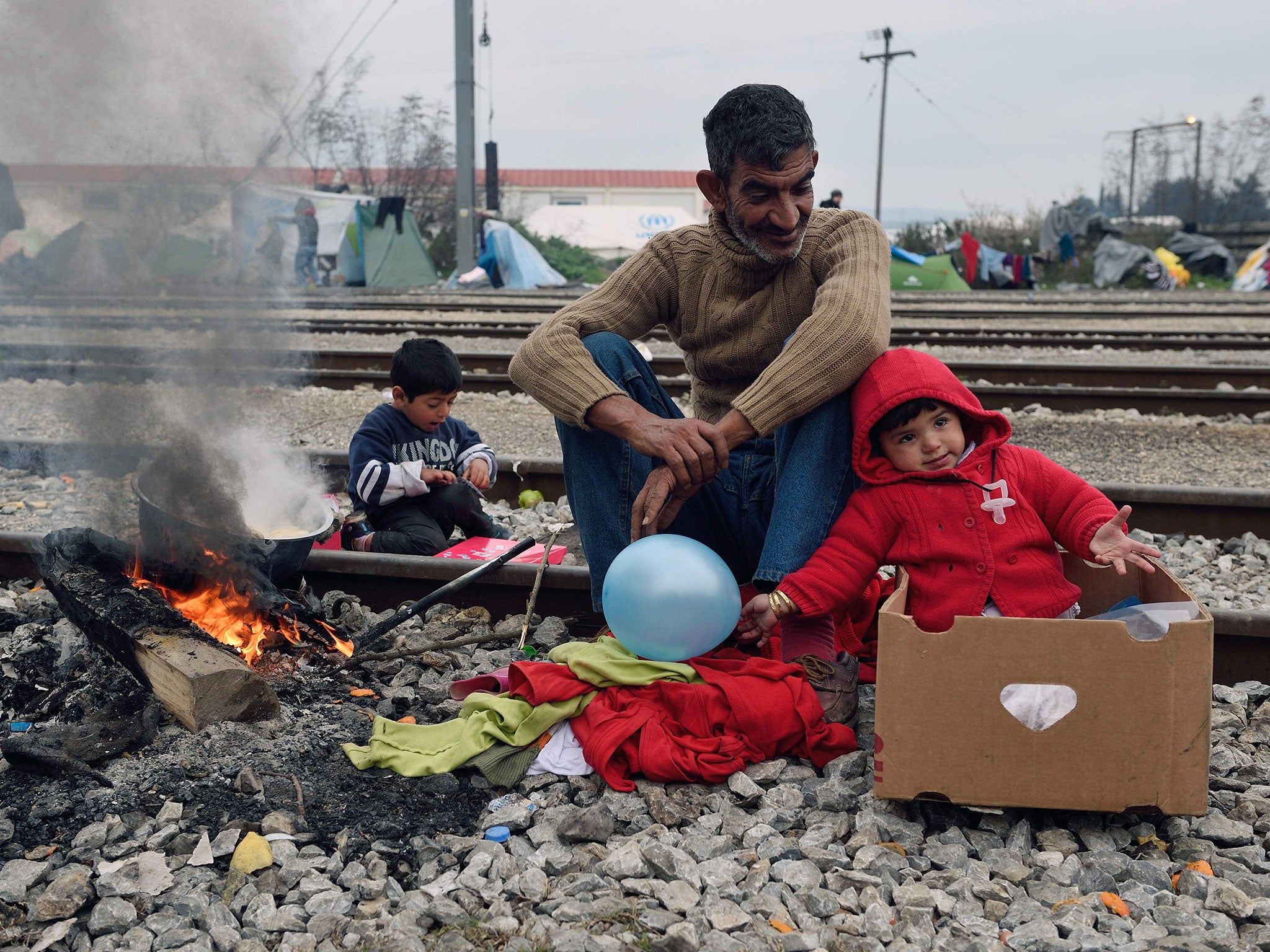Why don't EU leaders realise that this refugee deal with Turkey is exactly what the people traffickers want?
The Turkish mafia, assorted jihadi groups in Libya, and networked crime networks linking Europe to the Sahel are already strengthening their grip on people smuggling routes, eroding the already porous borders between people-smuggling, drugs-trafficking, gun-running and money-laundering


Your support helps us to tell the story
From reproductive rights to climate change to Big Tech, The Independent is on the ground when the story is developing. Whether it's investigating the financials of Elon Musk's pro-Trump PAC or producing our latest documentary, 'The A Word', which shines a light on the American women fighting for reproductive rights, we know how important it is to parse out the facts from the messaging.
At such a critical moment in US history, we need reporters on the ground. Your donation allows us to keep sending journalists to speak to both sides of the story.
The Independent is trusted by Americans across the entire political spectrum. And unlike many other quality news outlets, we choose not to lock Americans out of our reporting and analysis with paywalls. We believe quality journalism should be available to everyone, paid for by those who can afford it.
Your support makes all the difference.By any measure, the war waged by the EU against the people smugglers blamed for the refugee crisis has been an abject failure.
If sabre-rattling, barbed wire, and naval flotillas and other barriers could disrupt the trade in transporting migrants, this is a war would have been won long ago.
Yet the EU-Turkey deal offers more of the same. Rounding up people smuggled into Greece and trading them for refugees registered in Turkey is not just unethical, it’s also unworkable.
Earlier this month, David Cameron declared that despatching the Royal Navy to the Aegean to intercept and return refugees would help “break the business model of the criminal smugglers.”
That outcome is unlikely. The “business model” of people smugglers is built on an imbalance in supply and demand. Simply stated, the number of asylum seekers and other migrants driven to Europe by fear, hope and aspiration greatly exceeds the number allowed in, creating a market for intermediation served by trafficking.
If there is one pervasive theme linking the diverse stories of migrants, it is a generalised indifference to the risks associated with strengthened border defences, perilous sea journeys, and strictures from EU leaders warning them not to travel.
Whatever its military prowess, the Royal Navy is powerless to suspend the laws of economics. Refugees will continue to head for Europe – and the people smugglers will be there to facilitate their transit.
The overwhelming focus on strengthening borders and maritime patrolling is ultimately self-defeating. As migration and people smuggling become more risky - and more criminalised - the profits to be made from trafficking will rise. Europol estimates that a market now generating a turnover of some $6.6bn annually could triple in size over the next few years.
With the risks and rewards associated with smuggling increasing, more organised criminal groups will enter the market. The Turkish mafia, assorted jihadi groups in Libya, and networked crime networks linking Europe to the Sahel are already strengthening their grip on people smuggling routes, eroding the already porous borders between people-smuggling, drugs-trafficking, gun-running and money-laundering.
Apparently immune to evidence, Europe’s policy makers appear hell-bent on repeating the mistakes of the war on drugs. That war has created extraordinary profits for organised crime, hurt vulnerable people, and supported the rise of institutions like the great Mexican drug cartels.
So how should European leaders respond to the migrant crisis? They should start by pulling out of the cattle-market in refugee trading underpinning the proposed deal with Turkey.
The way to defeat people smuggling is to suck the oxygen out of the market through a large-scale global resettlement programme, safe transit and orderly processing of asylum claims.
Kevin Watkins is Director of the Overseas Development Institute
Join our commenting forum
Join thought-provoking conversations, follow other Independent readers and see their replies
Comments